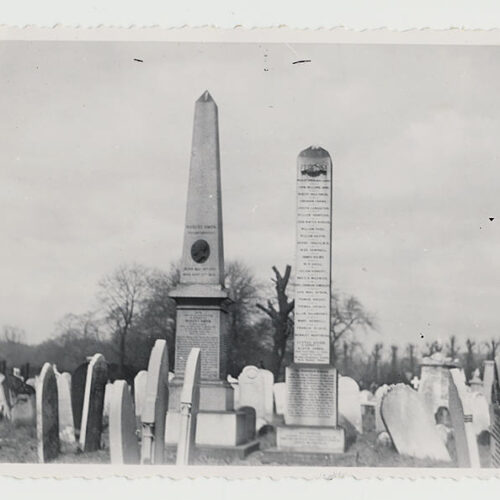

Kensal Green, opened in 1833, was London’s first commercial cemetery, and the originator of the city’s ‘Magnificent Seven’. These suburban cemeteries were conceived in part to relieve the major overcrowding of parish burial grounds in urban London, and inspired by Paris’ Père Lachaise. The initiator of Kensal Green Cemetery, barrister George Frederick Carden, had visited Paris in 1821, and had seen the commercial potential of garden cemeteries: tranquil, sanitary places for the burial of individuals from society’s middle and upper classes.
The Cemetery, opened as the General Cemetery of All Souls, provided a consecrated Anglican section and an unconsecrated section for dissenters. The first burial took place on 31 January 1833. Kensal Green Cemetery is the final resting place of a number of notable figures in humanist history, as well as home to the Reformers’ Memorial, ‘to the memory of men and women who have generously given their time and means to improve the conditions and enlarge the happiness of all classes of society’. Many of these were freethinkers.
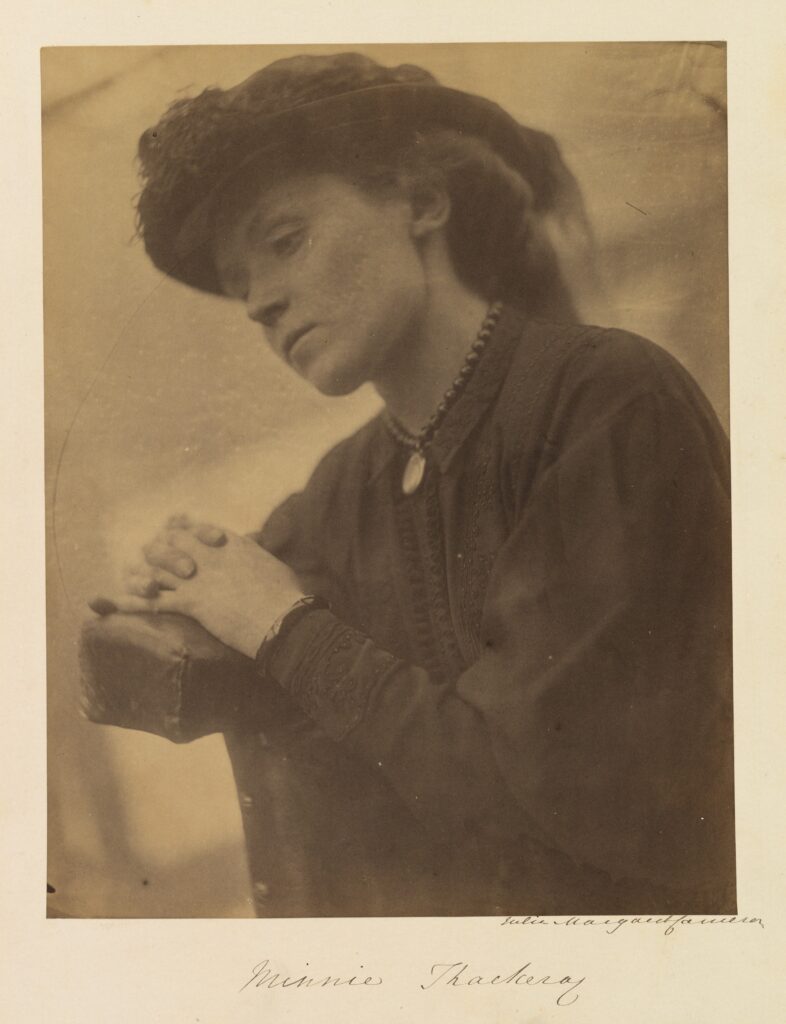
Harriet Marian Stephen (née Thackeray) (1840-1875) – first wife of Leslie Stephen, who herself possessed a sharp wit and keen sense of observation.
Sir George Birkbeck (1776-1841) – physician, philanthropist, and pioneer of adult education. Founder of Birkbeck, University of London.
James Henry Leigh Hunt (1784-1859) – critic, essayist and poet, whose epitaph reads: ‘Write me as one that loves his fellow men’.
John Passmore Edwards (1823-1911) – a member of the West London Ethical Society, whose personal philosophy motto, ‘do the best for the most’, underpinned his significant philanthropy.
Henry Hetherington (1792-1849) – freethinker and devoted champion of the rights of the working class.
[Memorial to] Robert Owen (1771-1858) – reformer and secularist, remembered on the memorial as one whose ‘life was sanctified by human affection and lofty effort’.
Richard Carlile (1790-1843) – radical bookseller and defender of the freedom of the press.
Harold Pinter (1930-2008) – playwright, activist, and humanist.
Erected to the glory of men and women who have generously given their time and means to improve the conditions and enhance the happiness of all classes of society. They have felt that a far happier and more prosperous life is within the reach of all men, and they have earnestly sought to realize it. The old brutal laws of imprisonment for free printing have been swept away and the right of selecting our own law makers has been gained mainly by their efforts. The exercise of these rights will give the people an interest in the laws that govern them, and will make them better men and better citizens.
Inscription on the Reformers’ Memorial
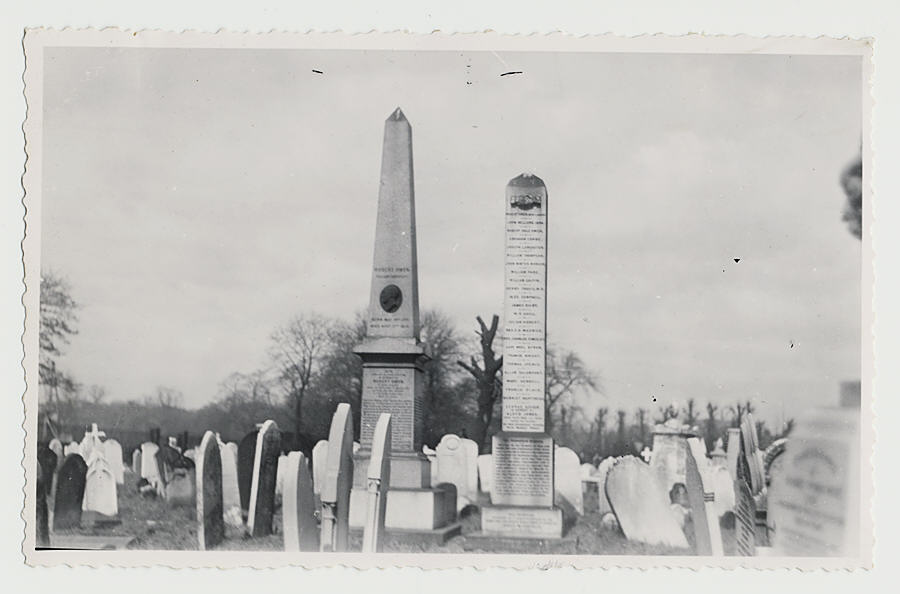
Now a Grade II listed monument, the Reformers’ Memorial was erected by Joseph W. Corfield in 1885, and added to by his daughter, Emma Corfield, in 1907. Located in the Cemetery’s non-conformist section, it sits alongside the memorial to philanthropist, socialist, and proponent of ‘rational religion’ Robert Owen. Many of those listed were freethinkers and humanists, motivated to campaign for reform by a love of humanity, and a desire to improve the world for others.
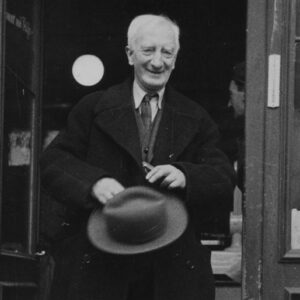
The one thing in which I am interested wholly and completely is the getting to know something about human society […]
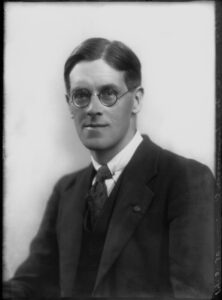
I had long put on one side the purist pacifist view that one should have nothing to do with a […]
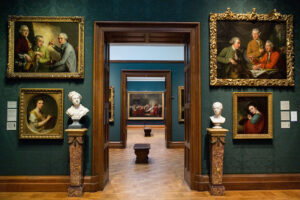
The National Portrait Gallery is an art gallery primarily located in London but with various satellite outstations located elsewhere in […]
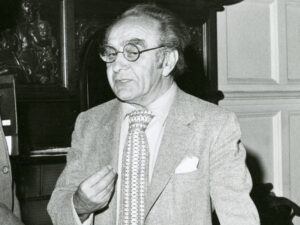
The notion that a man shall judge for himself what he is told, sifting the evidence and weighing the conclusions, […]